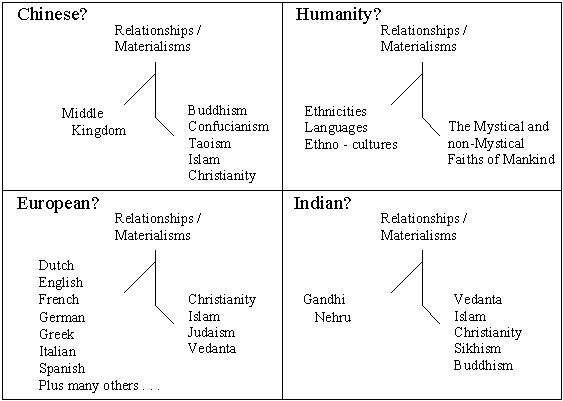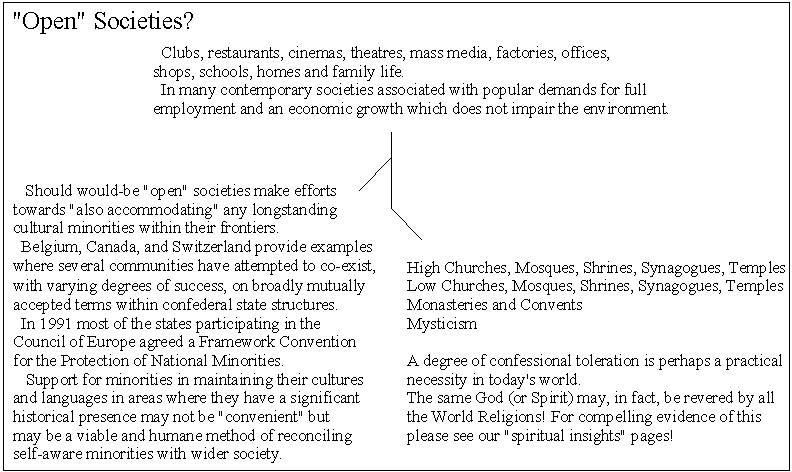| |
Philosophy of History
The philosophy of history can focus on a number of
questions such as:-
- What is the proper unit for the study of the human past? the individual,
the city or sovereign territory, the civilization, or nothing less than the
whole of the species?
- What broad patterns can we discern through the study of the human past?
Are there, for example, patterns or cycles of progress?
- what, if anything, is the driving
force of history? -- If such an 'engine' exists is it driving toward 'progress'?
From this page you can proceed to others that principally concentrate on those aspects
of the philosophy of history that concerns itself with asking what might be
held to be patterns or driving forces in history:-
|
|
![[Philosophy of History]](philosophy.gif) Hegel, Philosophy of History
Hegel, Philosophy of History![[Philosophy of History]](philosophy.gif) Hegel, Philosophy of History
Hegel, Philosophy of History
